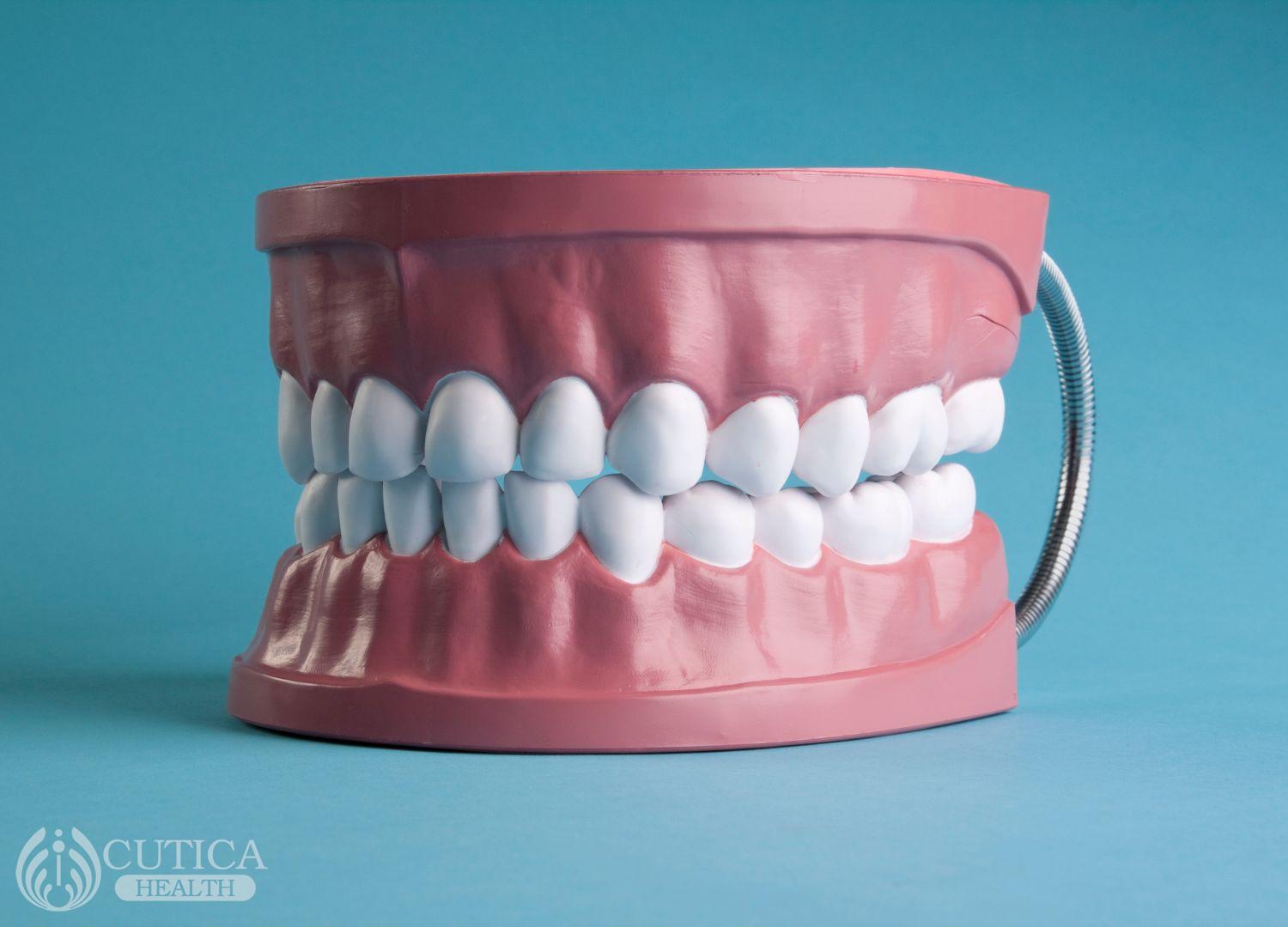Chinedu’s teeth felt like a live wire anytime he drank cold water. He complained to his friend, “The way my back teeth shock me whenever I take anything cold is enough to light a bulb”. His friend laughed at this exaggeration and began to mock him about his habit of chewing bones after eating the meat.
His friend had warned him about the dangers caused by chewing bones, but since it was something he enjoyed, he convinced himself that it was his own source of calcium. The herbal concoction he was using on the teeth worsened the sensitivity, leaving him no other option than to visit the nearby dental clinic for treatment.
Tooth sensitivity refers to the uncomfortable or shock sensation from the teeth when exposed to extremes of temperature. It can be restricted to one tooth, many and even all the teeth.
Some conditions that trigger this sensitivity are:
- Hot or cold meals and drinks
- Cool air
- Fruits with high acidic content
- Sweetened foods
- Brushing or rinsing the mouth.
Nerves that conduct sensations of pain and temperature change are plentiful in the second layer of the teeth called the dentine. The outer layer (Enamel) protects and helps regulate sensations but when this layer is worn down and dentine is exposed, you start to experience shock-likesensationthat could progress to pain if left untreated.
Some people may be more prone to sensitive teeth than others due to the thinner outer layer of their tooth (Enamel), and it can affect individuals of any age.
Causes of Tooth Sensitivity
- Use of excessive force while brushing
It is important not to apply too much pressure on your teeth when brushing because this can gradually strip off the outer layer of your teeth and expose the nerve , causing sensitivity.
- Frequent intake of acidic meals and drinks
Acid from soda and meals containing refined sugar can dissolve the outer layer and also serve as fuel for bacteria to produce more acid. This causes more harm to your teeth.
- Cracking hard substances like bones
Though the enamel is a hard substance, constantly using it to crack hard substances like bone and ice cubes will gradually wear it down.
Opening corks of drinks using the teeth
This same principle explained above applies here. Your teeth are not substitutes for bottle-openers and should not be used to open or pull-out corks.
Brushing with a hard toothbrush
It is advisable to use a brush that is not too soft, sothat it may adequately remove plaque and food debris. Avoid toothbrush that is toohard as that can damage the enamel and your gum.
Grinding your teeth
Grinding of the teeth especially at night, which is involuntary in most cases,gradually wears downthe enamel at the chewing surfaces, leading to exposed dentine.
Some medical conditions
Some medical conditions can cause the stomach acid to be returned to the mouth, thereby dissolving the enamel with time. These include bulimia in which sufferers induce vomiting themselves oracid reflux which causes heartburn.

Treatment for Hypersensitive Teeth
Thankfully, several treatment options are available for sensitive teeth. Examination of your teeth is done by the dentist who will clean and touch them using dental equipment. Further investigations may be done to arrive at a diagnosis. The treatment options are:
1. Toothpaste containing desensitising agents that prevent irritation on the nerve of the tooth by blocking the pores. It is usually recommended in mild cases and the toothpaste is specifically for sensitive teeth.
2. Use a mouth wash which is alcohol-free. These types of oral rinses irritate the teeth less and will not trigger sensitivity.
3. Brush gently with soft brushes.

Professional Treatment
4. Application of fluoride gel or desensitizers which protect and strengthen your teeth
5. Restoration of broken-down teeth with tooth restoration materials
6. Consult specialists for treatment of underlying conditions causing acid reflux. Mouthguards can be used to prevent damaging the teeth from grinding.
If you intend to use your teeth for a long time, you must stop harmful practices that could damage them and begin to practise good oral hygiene to keep them healthy.
